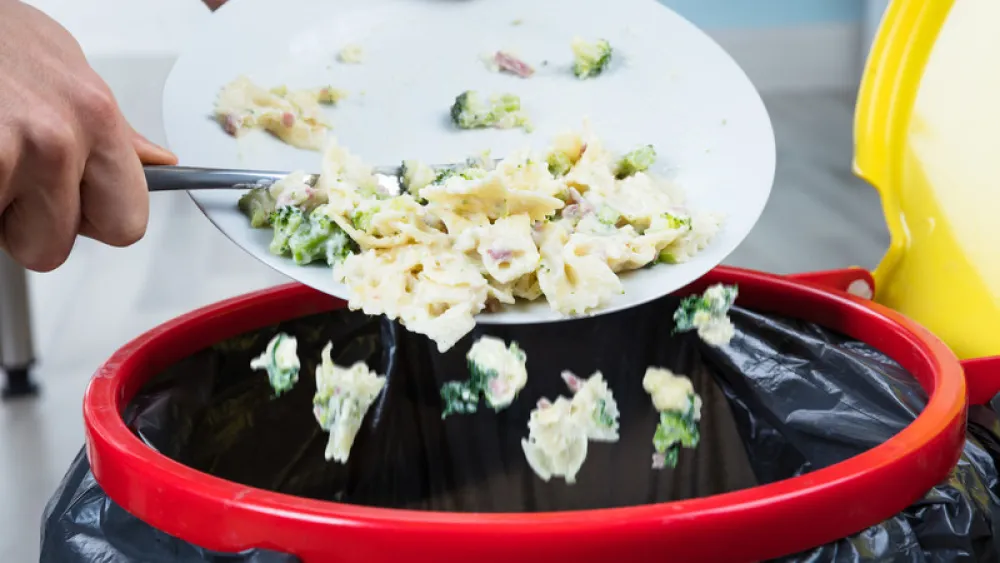Healthy Lifestyle
Stop Throwing Out Leftover Food!


Go Further with Food
March is National Nutrition Month. The Academy of Nutrition and Dietetics uses this yearly nutrition campaign to remind us of the importance of healthy eating and being active daily. This year’s theme is “Go Further with Food,” reminding us of the importance of avoiding food waste, reducing portion sizes if we overeat and eating healthier foods daily.
Don’t throw it out!
Recently while I was cleaning out my refrigerator, I thought to myself, “Well, here I go again. I have to throw this food away.” It was a stark reminder of how I made too much of an entrée or meal for the family.
Even though I put the food in an attractive container, proportioned some out into individual containers for the week’s lunchtime meals, and put these containers in the front of the refrigerator, my family did not eat these “leftovers” for their lunch or at dinnertime.
What can we do to avoid food waste?
Food waste is any edible food that goes uneaten each year. The USDA estimates 90 billion pounds of edible food is wasted each year, costing consumers $370 per person each year. What can we do to reduce food waste in our homes?
- Plan your meals. Each week, plan what your family will eat for lunch and dinner, and include leftovers from previous meals. Review your list to see if it includes foods you already have at home. Purchase only what you need, which will reduce your grocery bill.
- Organize your refrigerator and cupboards. Put the oldest food in front and the newest food towards the back. Foods will be less likely to spoil if you use the oldest food first. Reorganizing will help you know what you have in your home, ultimately helping with meal planning and grocery shopping. Check out this phone app by the USDA called “Foodkeeper.” It will help remind you when food is nearing the end of its storage date.
- Use leftovers for another recipe or meal. For example, if you have leftover mashed potatoes, look up recipes to use them up. Freeze extra foods. If you need help, the National Center for Home Food Preservation offers great tips for freezing foods on their website.
- Reduce portion sizes of the foods you prepare. This will not only reduce throwing away uneaten foods, but help with your weight.
- Donate non-perishable food items that have not expired. These types of donations will not only keep your cupboards more organized and less cluttered, but you will be helping others who need a meal.
You can learn so much more about food waste, best practices, and ways to reduce, recover and recycle online. Or you can also ask any of the Methodist dietitians for ways in which you can improve your food habits and nutritional health.


